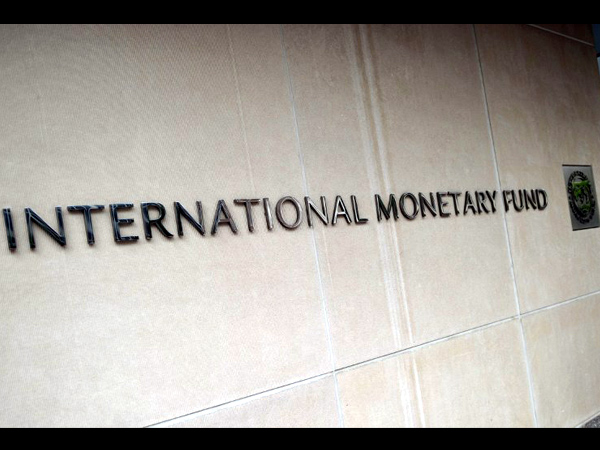IMF raises PH growth forecast
The International Monetary Fund (IMF) has raised its gross domestic product (GDP) growth forecast for the Philippines for 2017, hinged on the government’s plan to ramp up spending on public goods and services, especially infrastructure.
“The Philippines is expected to maintain its strong GDP growth momentum registered in 2016 into 2017 at a pace of about 6.8 percent, supported by a fiscal stimulus as the budget deficit widens toward 3 percent of GDP target,” ” IMF resident representative Shanaka Jayanath Peiris said in an e-mail to reporters Monday.
The IMF’s previous 2017 economic growth projection for the Philippines was 6.7 percent.
“Exports are also anticipated to recover, reflecting the pick-up in global growth and commodity prices,” Peiris added.
Moving forward, Peiris said the growth outlook in the medium term “would depend on the more uncertain global economic outlook and the passage of the administration’s tax reform proposals that would be important to continue to raise public infrastructure investment and social spending to benefit from the demographic dividend.”
In its World Economic Outlook Update report released also Monday, it said that “after a lackluster outturn in 2016, economic activity is projected to pick up pace in 2017 and 2018, especially in emerging market and developing economies.”
“However, there is a wide dispersion of possible outcomes around the projections, given uncertainty surrounding the policy stance of the incoming US administration and its global ramifications,” the IMF said.
Separately, the Department of Finance Monday said the comprehensive tax reform, which the IMF supports, would fast-track the plan to ramp up infrastructure spending and sustain economic growth of above 6 percent annual in the medium term.
“Funding the Duterte administration’s ambitious infrastructure program by raising sufficient revenues for tax reform, rather than relying primarily on borrowings, is necessary to keep the budget deficit within the manageable level of 3 percent of GDP beginning 2017,” Finance Secretary Carlos G. Dominguez III said in a statement.
Dominguez said the first package of the proposed comprehensive tax reform program would generate P163 billion in incremental revenues during the first year of implementation next year, if plans to have it passed by Congress this year prospers.
“Without tax reform, the deficit of 3 percent of GDP will be breached, leaving the country susceptible to an unsustainable fiscal position, which could lead to a credit-rating downgrade that is below investment grade,” Dominguez warned.
“The non-passage of the tax reform package now pending in the Congress will have dire consequences not only on our hard-earned gains in improving our macroeconomic fundamentals but also on the lives of our poor and vulnerable fellow Filipinos,” the finance chief added.
Before Congress went on a Christmas break, the DOF submitted a revised version of the first package of its comprehensive tax reform proposal, which will now include the mandatory marking of oil products as well as the grant of absolute amnesty on estate tax deficiency.
According to the revised draft bill, the first package “seeks to lower personal income taxes, broaden the VAT base, adjust excise taxes on petroleum and automobiles, reduce the estate and donors tax and provide an amnesty to past estate tax cases.”
Under the first package, the following tax administration measures were to be pursued: Mandatory use of fuel marking; recognition of e-receipts; mandatory interconnection of large and medium firms point-of-sale machines and accounting system with the Bureau of Internal Revenue; mandatory use of GPS locks when transporting cargo from ports to economic zones and free ports; shift to quarterly VAT and percentage tax filing to improve compliance, and relaxation of bank secrecy for fraud cases.
While it was initially supposed to be included in the succeeding tax reform packages, the DOF is now moving to include in the first package the reduction of estate and donors tax to 6 percent, while also providing absolute amnesty on past estate taxes that had been unpaid.
The bill retained the salient provisions of the original first package as proposed by the DOF, including adjusting tax brackets to correct “income bracket creeping”; reducing the maximum personal income tax rate to 25 percent over time, save for the “ultra-rich” who would be slapped a higher 35 percent, and shifting to a simpler modified gross system.


